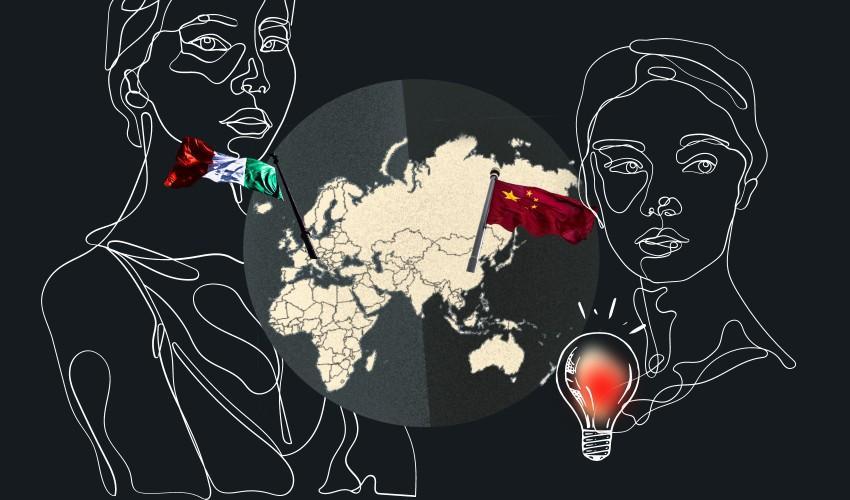
The Corruption Gender Gap: Female Officials Fall into Temptation Less Often
FRANCESCO DECAROLIS AND PAOLO PINOTTI FIND THAT WOMEN BUREAUCRATS ARE 22% LESS LIKELY TO BE INVESTIGATED IN ITALY AND 81% LESS LIKELY TO BE ARRESTED IN CHINA. A DEFENSIVE, RISK AVERSE ATTITUDE MAY BE THE EXPLANATIONNew research by two Bocconi professors suggests that women may be significantly less corrupt than men. Women at different levels of government bureaucracy in both China and Italy are much less likely to be suspected of corruption and arrested for it.
These results are of clear policy relevance. They suggest an intriguing idea for fighting corruption in public office: assigning women bureaucrats to work at tasks involving higher risks of corruption, according to Bocconi Professors Francesco Decarolis (Economics) and Paolo Pinotti (Social and Political Sciences), who have just published the paper “Gender and Bureaucratic Corruption: Evidence from Two Countries” in The Journal of Law, Economics, & Organization in collaboration with Raymond Fisman (Boston University), Silvia Vannutelli (Northwestern University), and Yongxiang Wang (Chinese University of Hong Kong, Shenzhen and Shenzhen Finance Institute, Hong Kong).
20220406140911_res.jpg)
Infographics by Weiwei Chen
Their research not only provides evidence that, out of those who obtain such bureaucratic roles, women are less corrupt but also illuminates a possible cause for this difference: women bureaucrats tend to be more defensive in selecting actions that minimize the risk of a future investigation.
The authors analyzed a dataset of procurement officers in Italy and a dataset of prefectural leaders in China. The Italian data reveals which procurement officers have ever been investigated for corruption. And the Chinese data tells us which prefectural leaders have been arrested. After accounting for various potentially confounding factors including age and location, just the fact of being a woman makes Italian procurement officers 22% less likely to be investigated, and Chinese prefectural leaders 81% less likely of being arrested.
There is also good reason to think these findings are general: the populations examined are from very different cultural and political environments and cover very distinct roles in their hierarchies, with procurement officers in Italy and mayors and prefecture-level leaders in China. The large gender gap in corruption documented in this work highlights the importance of future research to explain this difference.
It could be that women are simply less corruptible than men. Yet, the authors acknowledge that a number of other causes can occur at the same time and cannot be ruled out. It may be that women and men are selected differently to public service jobs such that the selected women are less corrupt; women could face less opportunities for corruption; or women could even be subject to different levels of enforcement. What the authors do find, however, is that female procurement officers in Italy are more risk averse. Using a survey of how Italian procurement officials would respond to real-world scenarios, the authors find that women systematically choose responses that are more defensive, in the sense that they maximize compliance and seek to limit the risk of investigations for possible violations of procedures. Such risk-avoiding behavior could thus contribute to the observed gender gap in corruption.
“Ultimately, we can’t conclude that the average woman is less corrupt than the average man. But we now have strong evidence that after the process of selection into bureaucratic professions has taken place, women tend to be significantly less corrupt,” said Professor Decarolis.
Francesco Decarolis, Raymond Fisman, Paolo Pinotti, Silvia Vannutelli, Yongxiang Wang. “Gender and Bureaucratic Corruption: Evidence from Two Countries.” The Journal of Law, Economics, and Organization, 2022;, ewab041, DOI: https://doi.org/10.1093/jleo/ewab041.
by Pedro Adami Oliboni
